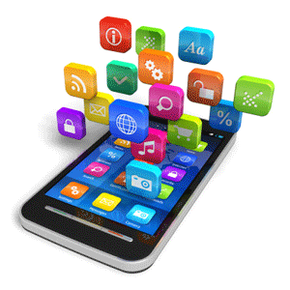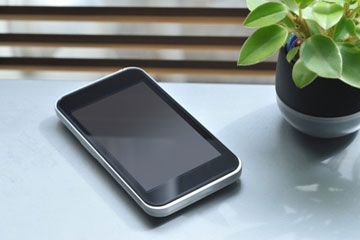When you have a smartphone or a tablet computer (like an iPad), the apps are where it's at. If this lingo is new to you, an "app" is just short for "application." While it can mean any piece of computer software that helps you with a specific task -- what you'd probably just call a "program" on your laptop or desktop computer -- when it's on something mobile, it's an app. Games, programs that let you watch TV shows, weather trackers ... they're all apps.
All devices come preloaded with some of them, but you always want more. To find apps, you go to a store, known as a digital distribution platform (which one depends on your mobile device). For example, if you have an Android phone, you'll go to Google Play (formerly Android Market), and if you have an iPhone, it'll be the Apple App Store. There are also third party platforms not controlled by a mobile provider, such as the Amazon App Store.
Advertisement
Once you're looking in the store, you might be overwhelmed by the array of choices. In the Google Play Store alone there are over 500,000 apps. I'm an insomniac, so I went looking for an app in Google Play that claimed to be able to hypnotize me to sleep. There were 180 results, and the cost ranged from free to $4.99. All of the distribution platforms allow independent developers to publish their products and get a cut of the sales. That means any individual with the knowledge to create an app can sell it. But how do I choose? One of my first concerns is which apps are safe.
People who would never dream of downloading an email attachment from a stranger buy apps without considering the possible consequences. Some apps are malicious -- they contain viruses, worms, malware or some other way of harming you. They might steal things like your personal information, others' contact information, or passwords and share them with others. Luckily, there are steps you can take to avoid downloading a malicious app.
Advertisement



